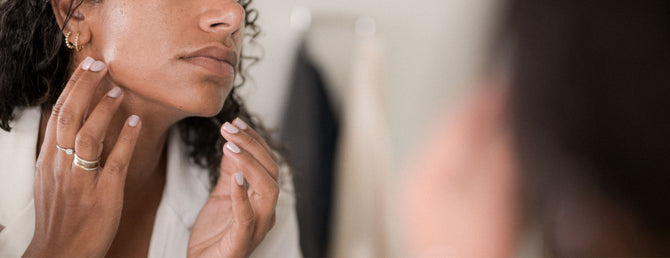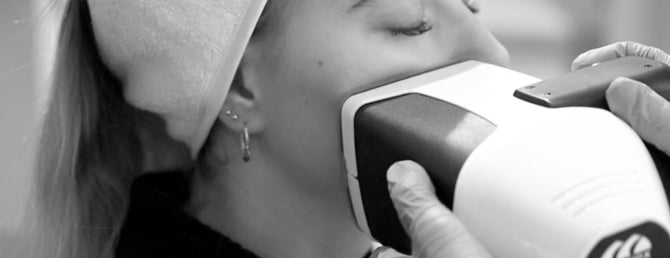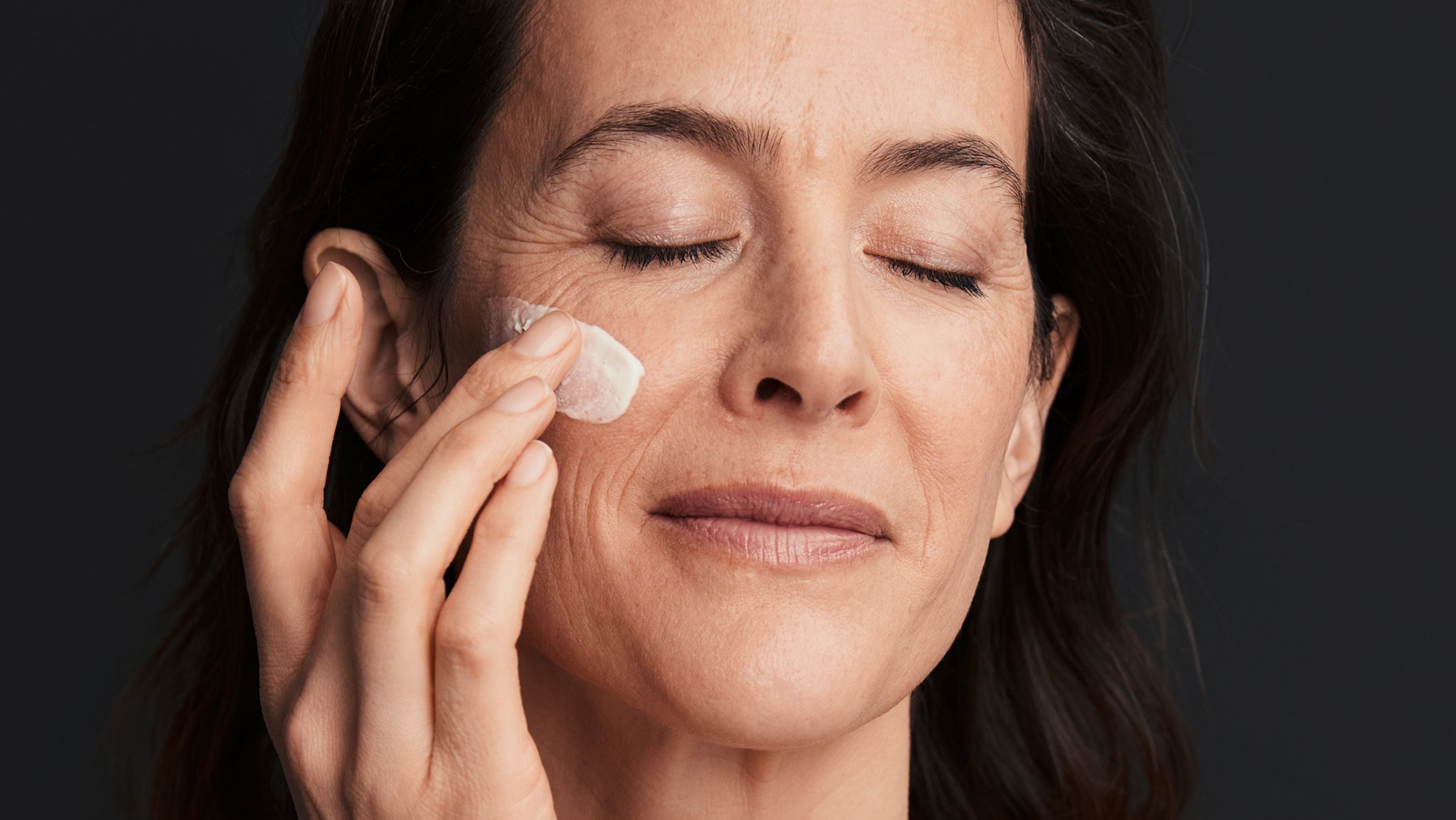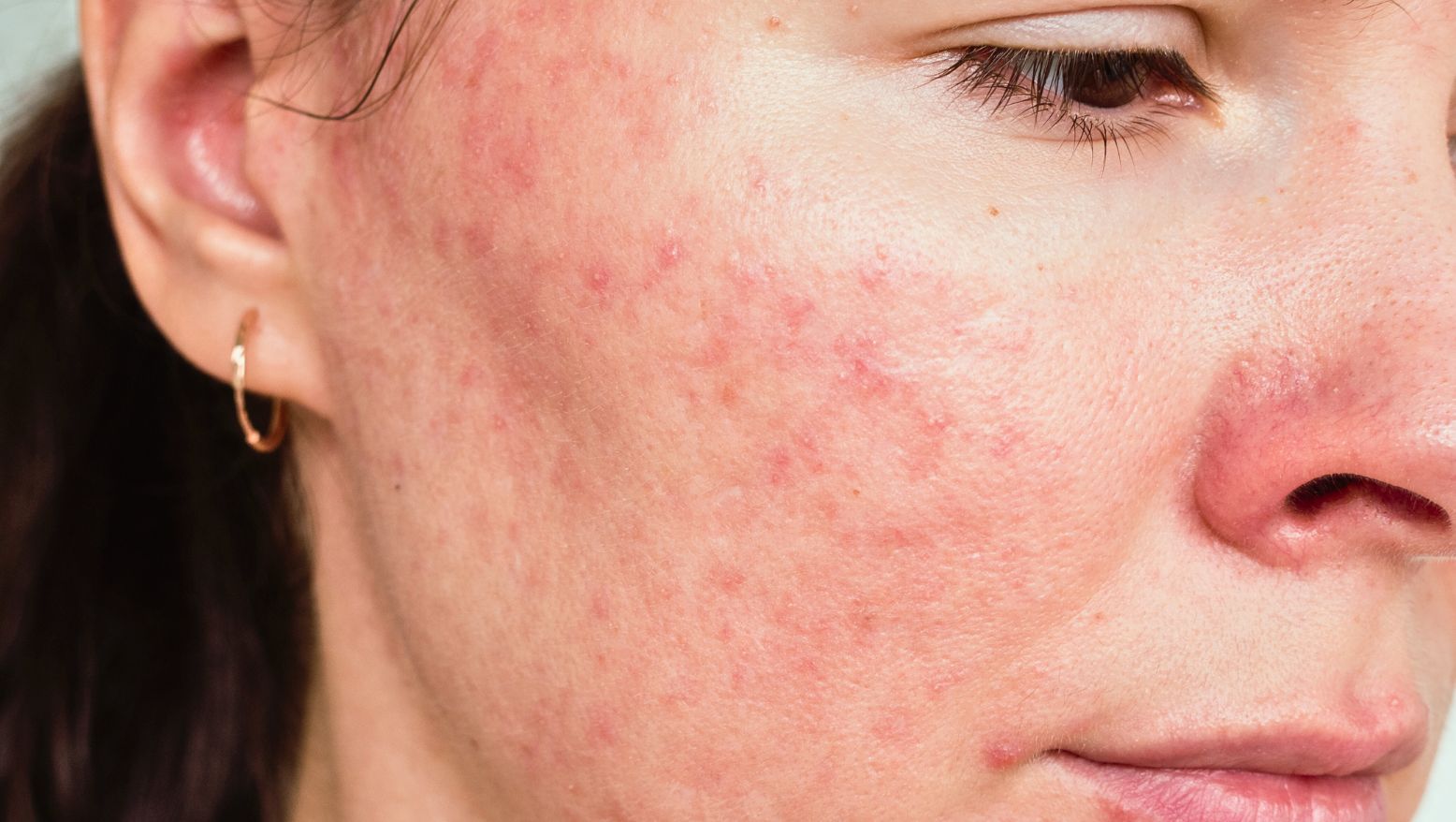
Rosacea mainly affects middle-aged people, and those with fair skin are more likely to develop the condition. In addition to the physical symptoms, rosacea can also affect quality of life, as many people experience social anxiety or self-esteem issues due to the appearance of their skin.
While there is no cure for rosacea, symptoms can be alleviated with proper skin care and lifestyle adjustments. Here are five tips that can help you manage rosacea and reduce flare-ups.
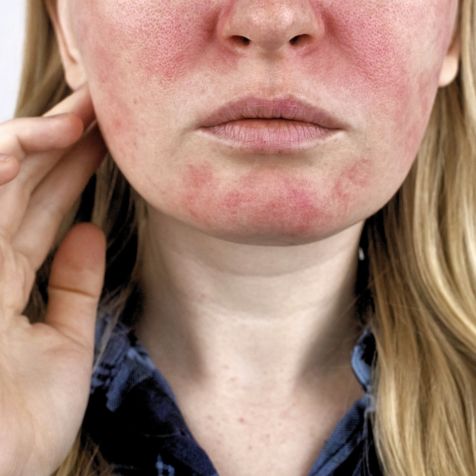
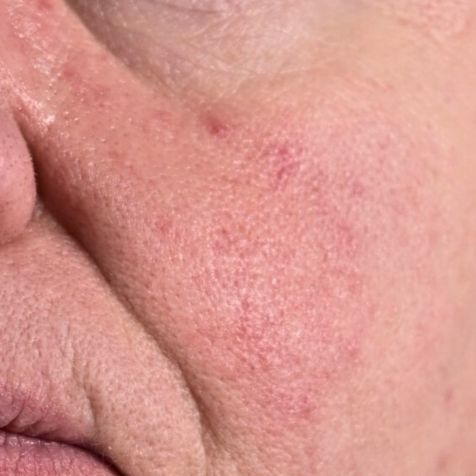
The sun's UV rays are one of the most common causes of rosacea flare-ups. To protect your skin, avoid excessive sun exposure and always use a high SPF sunscreen that is suitable for sensitive skin. In addition to sun, extreme cold, wind and high humidity can also worsen your symptoms. Therefore, be sure to protect your face with, for example, a scarf or hat when you are outside in the cold.
Washing your face to remove makeup and impurities is of course important, but over-cleansing can damage your skin barrier and worsen rosacea. Ideally, wash your face only once a day (in the evening) and use mild, fragrance-free products that are gentle on your skin. Avoid harsh soaps and cleansers that can further irritate your skin. Avoid using exfoliating products or beauty treatments that may be too harsh for sensitive skin.
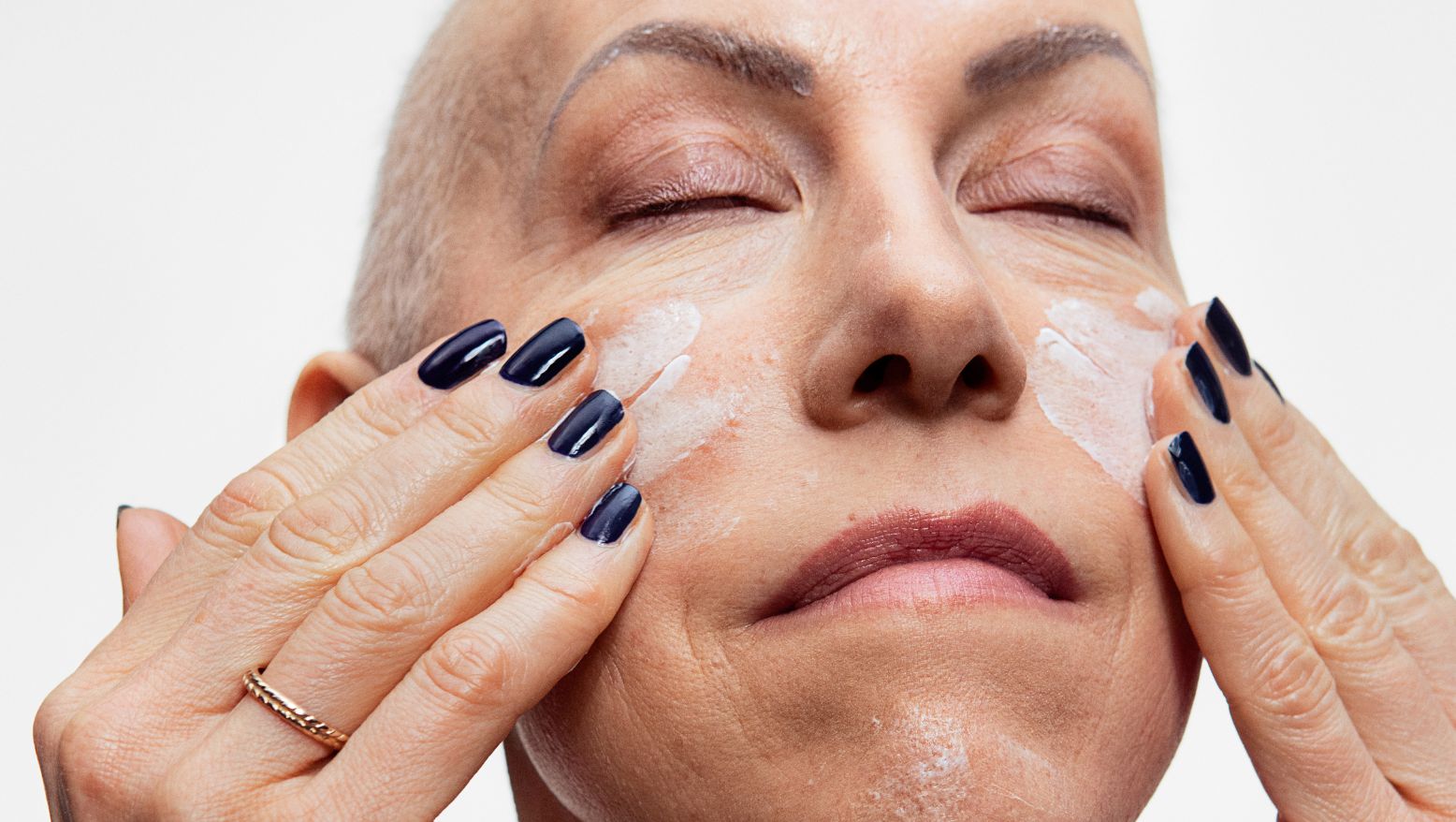
Food and drink play a major role in how your skin reacts. Spicy foods, alcohol, and hot drinks like coffee and tea are known to aggravate rosacea in many people. Keeping a food diary can be a great way to identify which foods negatively affect your skin, so you can avoid them and reduce your risk of flare-ups.
Stress is a well-known trigger for rosacea. Periods of high psychological stress can lead to increased symptoms. Therefore, it is important to find ways to manage stress, such as meditation, yoga, social activities or regular exercise. By taking care of your mental well-being, you can also reduce your skin problems.
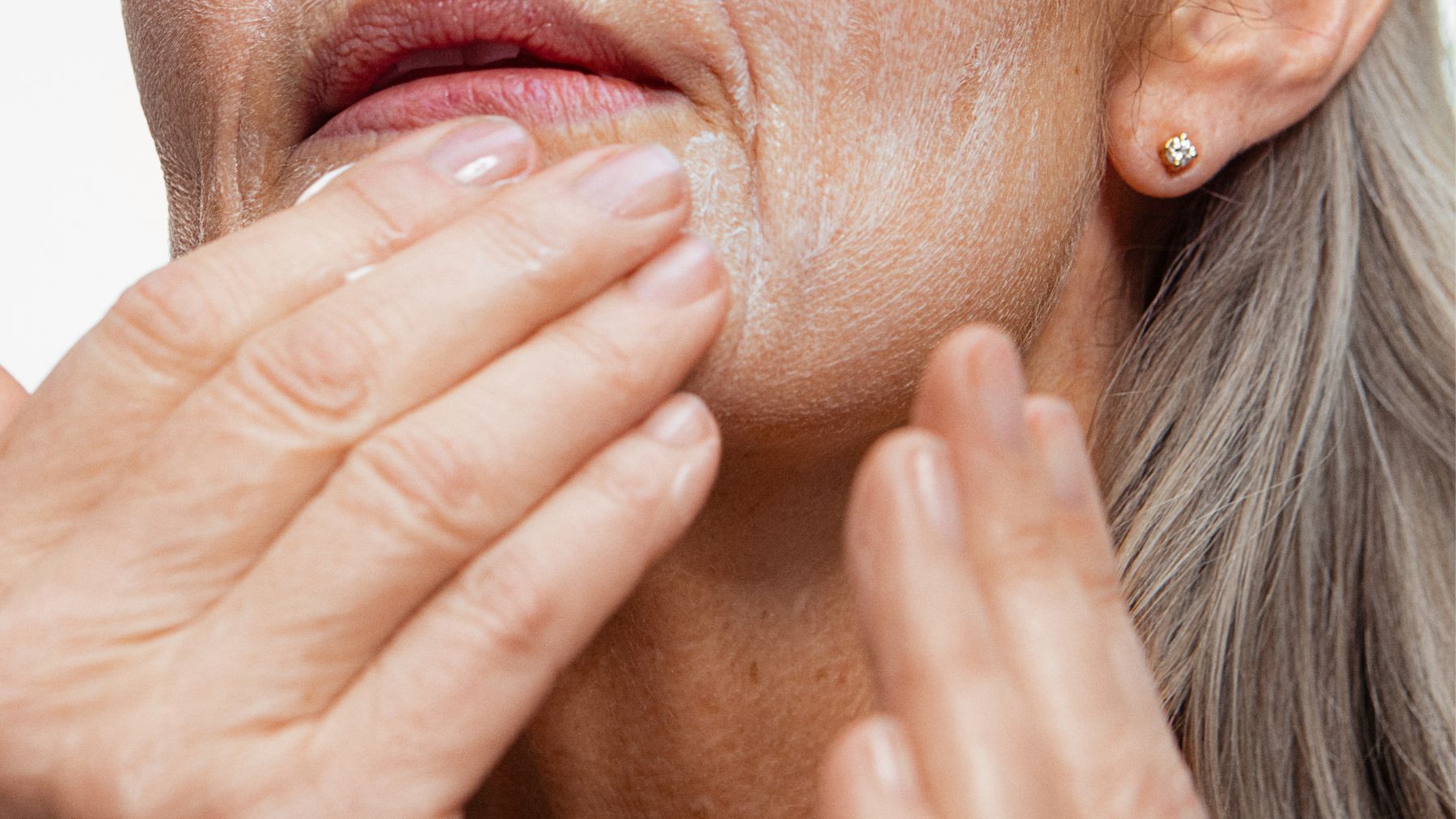
A weakened skin barrier is often a contributing factor to rosacea symptoms. Choose moisturizers that are soothing and support the skin's natural barrier function. It is important to avoid creams with irritating ingredients such as perfume, dyes and strong preservatives. By using the right moisturizer, you can protect and hydrate your skin, which reduces the risk of irritation and redness.
By following these five tips, you can reduce your rosacea symptoms and give your skin the best chance to feel better. Remember that rosacea is individual, and if your symptoms are severe, consult a dermatologist for more personalized advice and treatments.
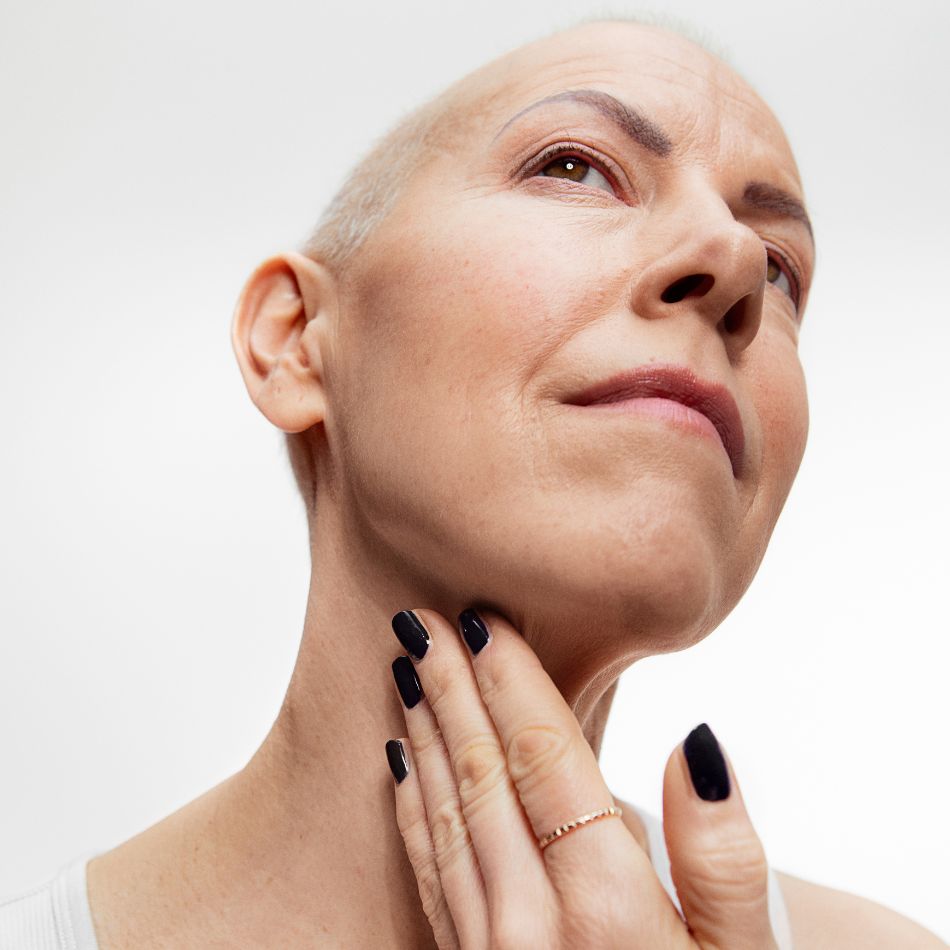
Treatments with medicines that reduce redness, eg Mirvaso, which contains brimonidine. These treatments reduce the blood supply to the skin, so that the skin does not redden as much.
Azelaic acid is an effective treatment against rosacea as it reduces the overproduction of the peptide cathelicidin, which in excess causes inflammation, redness and irritation in the skin. Azelaic acid is, for example, the main ingredient in some prescription creams, such as Finacea, which contains 15% azelaic acid.
Antibiotics such as metronidazole and tetracyclines. It is not known exactly why antibiotics affect rosacea, but one possible explanation is that antibiotics kill bacterial growth in the skin that could potentially be caused by mite feces. The drug Soolantra is one of the newer treatments for rosacea.

